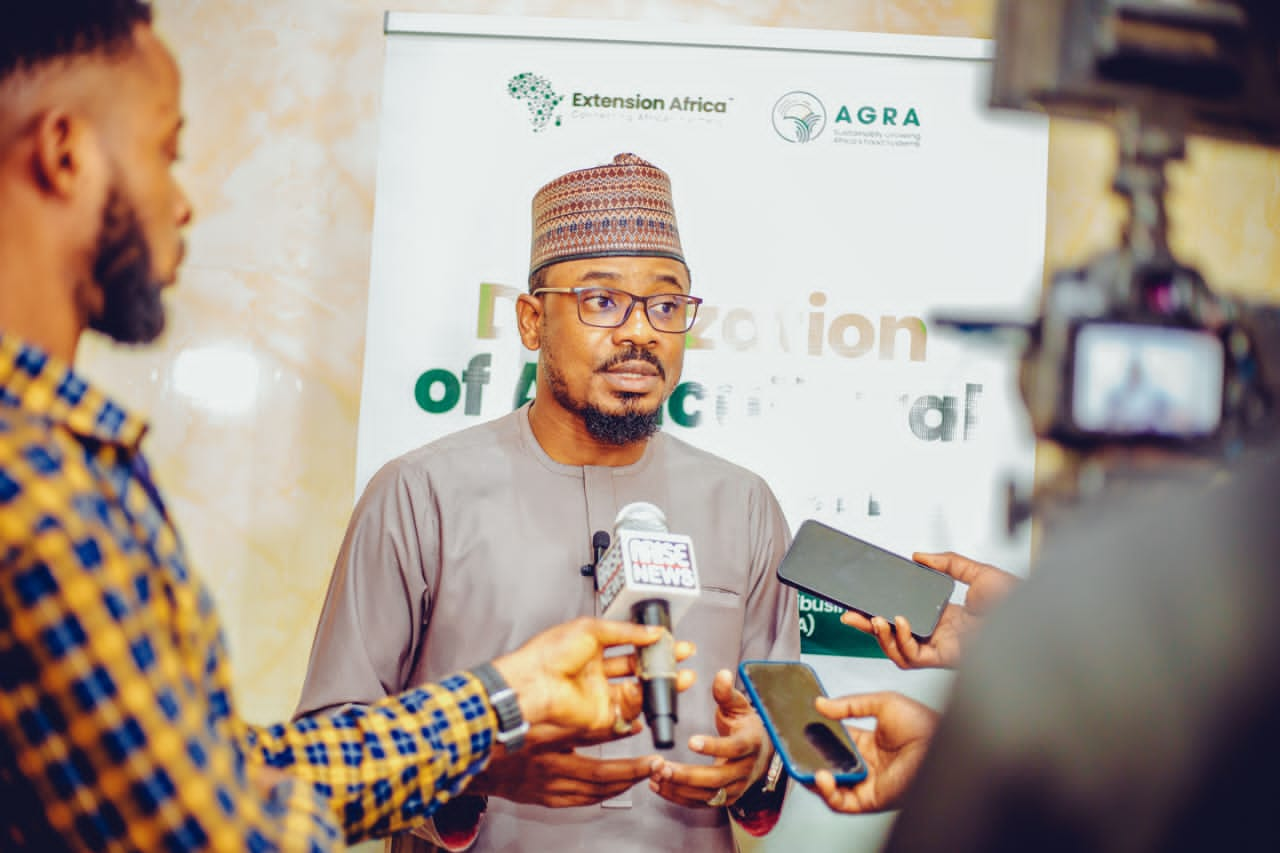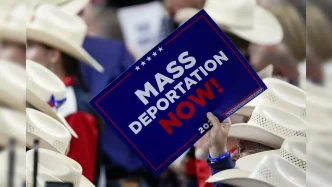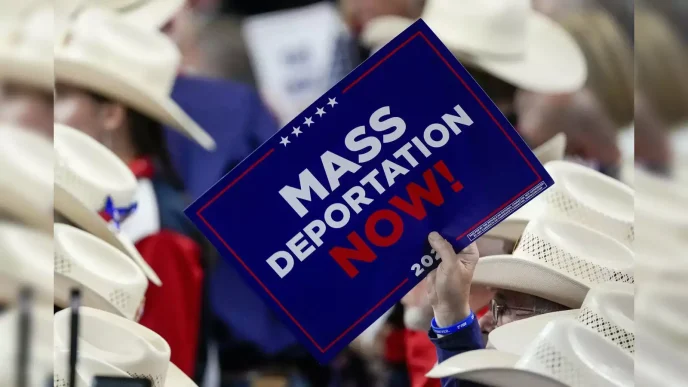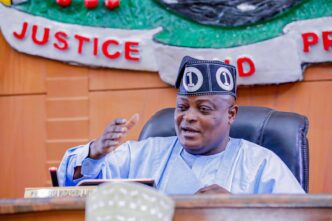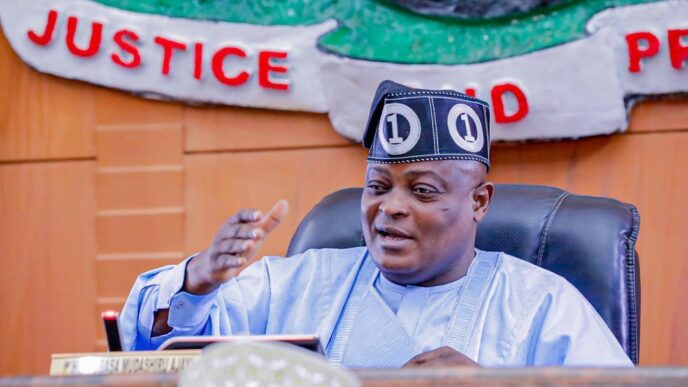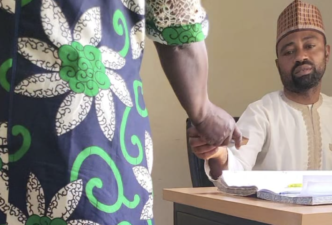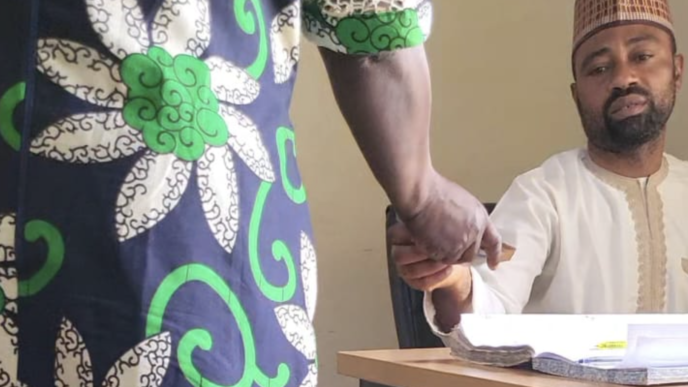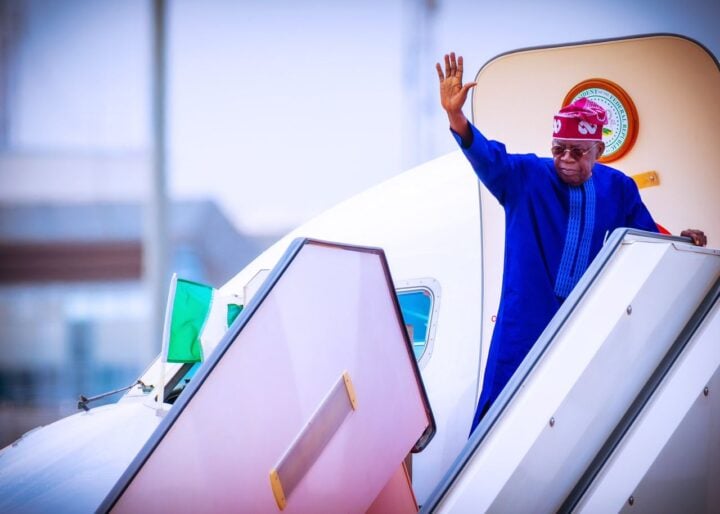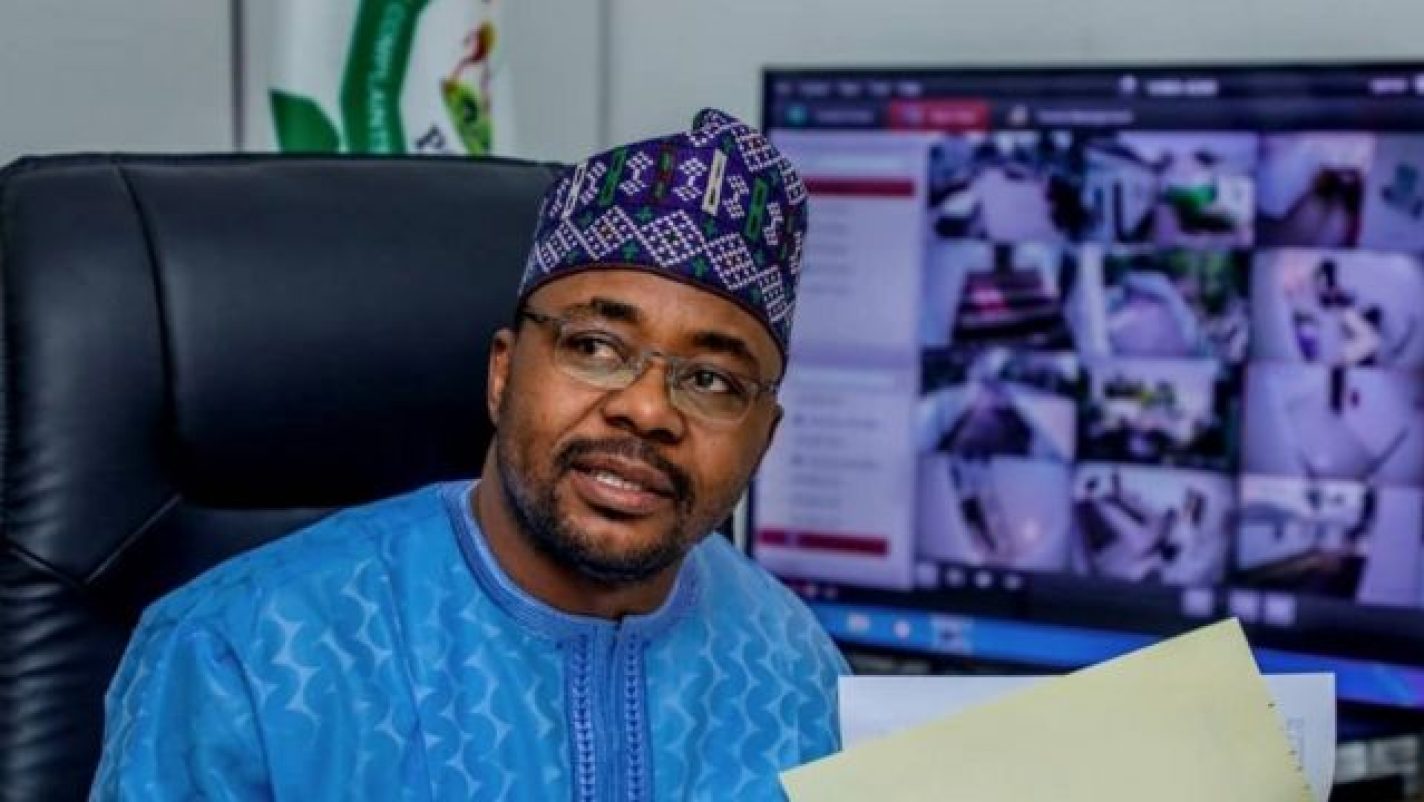The agricultural sector holds immense potential to provide employment opportunities for thousands of unemployed youths in Nigeria. However, insecurity and the lack of advanced technology hinder progress in this vital industry.
In this interview with TheCable’s DYEPKAZAH SHIBAYAN, Tajudeen Yahaya, CEO of Extension Africa, shares insights into how Africa’s most populous nation can navigate these obstacles to create jobs, enhance productivity, and ensure food security for its growing population.
TheCable: How are you attracting young people into agricultural extension service delivery?
Yahaya: What we traditionally know as extension is a farmer advisor in rural communities, meaning people that go to educate farmers regularly on what they need to know regarding their planting systems, what to plant, how to plant, and when to plant.
Advertisement
The problem with our current model is that it is not sustainable because it is purely public or donor driven. In terms of numbers, we have one agent responsible for an average of 10,000 farmers. So, imagine you’re that agent responsible for educating 10,000 farmers on a salary of N45,000, how efficient will you be?.
Also, most government extension workers are retiring or about to retire. You discover that they are in their fifties to sixties and are not regularly updated on innovations or technology solutions that could make our farmers smarter. This means we need to combat the capacity gap in our current extension workforce.
To attract young people into extension service delivery, we must address the problem of “who pays the extension worker”. We must create a promising brand identity and business model for these agents. If the government is not paying them or a development partner is not there, they rarely work with farmers. So, the farmer does not get the value.
Advertisement
At Extension Africa, our key focus is to ensure that quality extension workers are readily available in rural communities with sustainable revenue models that ensure they are always available to support the ordinary farmer.
So, instead of having one to 10,000, can we reduce that number? According to the FAO, we need an average of one agent for 800 farmers. Our approach so far has shown that we can have a sustainable model with one agent servicing 200 farmers. This means that we can create more job opportunities for young people if we can reduce that number from one to 10,000 to one to 200.
To achieve this, we conduct extensive training for rural women and youth and deploy them to work with farmers in their communities. Once trained, we then address the question of how they will be compensated. Currently, there is no government funding or support from NGOs. Therefore, we explore models that enable these agents to support agribusinesses looking for access to rural farmers.
For instance, if TheCable wants to connect with farmers, they need someone who understands the local landscape. We create a marketplace that allows companies aiming to reach farmers to work through these trained agents. This means that rural agents in remote communities can now serve the big global companies as well as provide value to the farmer. The farmer gets value, the agents get value, and the companies get value.
Advertisement
Agents are now compensated directly by the company through commissions for the services they provide, including marketing, sales, aggregation, and data insights. As we collaborate with more companies alongside these agents, it becomes evident that they generate significant revenue from various offerings, which allows us to earn more as well. The goal of Extension Africa is to connect farmers in hard-to-reach locations with global industries through the workforce of agents.
TheCable: Do you collaborate with the government?
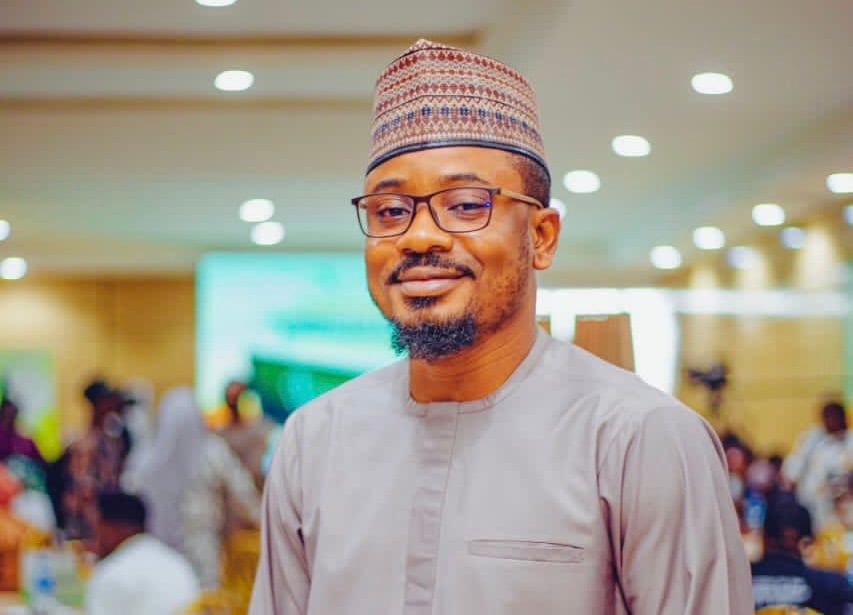
Yahaya: In the past three years, we have focused on strengthening our business model to prove the possibility of transforming extension agents into micro-SMEs, before going to government partnership.
During the last administration, there were reports that the government aimed to employ one hundred thousand extension agents. This indicates that the government recognises the existing gaps in each state and is actively working to provide more training and recruit additional extension officers. A new extension policy has been introduced, and a related bill has passed the first reading. Part of this policy focuses on attracting increased funding to the extension sector, enabling us to have more personnel on the ground to work directly with our farmers.
Advertisement
It also addresses the digital integration of extension agents. The government has acknowledged that just having agents will not work without having a digital framework. So, they are trying to support digital innovation in extension and also create a regulatory framework for private extension players like us.
So, part of what we are doing is to see how we can plug into that space. Even last week, we drafted some letters to the ministry to explore areas of collaboration and support the efforts of the government. Three key sectors do not always get enough funding, health, education and agriculture.
Advertisement
The Maputo declaration actually states that every government should put at least 10% of its budget into agriculture. So, if the government is doing 2%, it is still very low compared to the 10% that is required now.
Agriculture is the most inclusive sector, particularly in Nigeria, because when you grow agriculture, you grow the last man, you grow jobs for young people in remote communities, you reduce rural-urban migration, and you reduce insecurity. It should not be taken lightly, especially with what we have learned last year.
Advertisement
The farmer is currently doing just one season. If he tries, two seasons. So why not put an adequate irrigation system in place so that the farmer can do three seasons?
That is what I would call investment. Why not ensure that there are enough warehouses that can actually help as storage facility for these farmers?
Advertisement
So, when you look at the problem from a systemic view, it is beyond just funding. It’s about systems that allow sustainability of practice among farmers and even when you are now doing funding, what systems do you have in place to monitor your funds?
TheCable: At the end of the day, what is the target? You said you have proved the concept for three years and some lessons have been learnt. What do you hope to see? What is the vision?
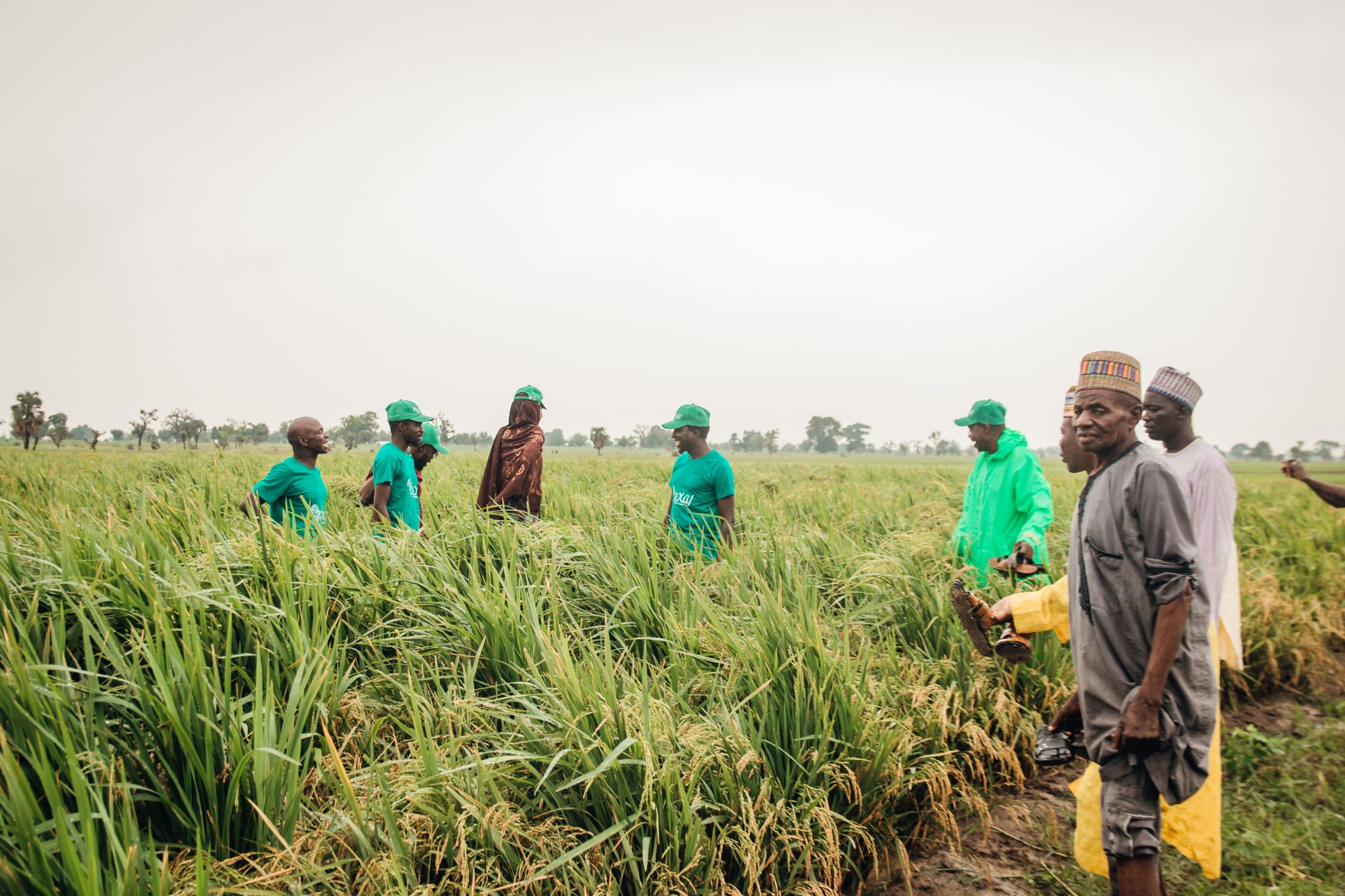
Yahaya: Yeah, for me, the vision like I used to say is, “Can we have one agent for every 200 farmers in Africa?” What I mean by this is can we have adequate support for every farmer through one agent?
Now in Nigeria, we have over 30 million farmers. If you look at the number of agents we would require, I mean young people who would be required to support the farmer, it’s over 200,000 right now – those are jobs for some graduates who are out there looking for opportunities. So, the goal is to create that workforce. That’s one.
Secondly, can we help the farmer to grow from point A to point B? So point A to point B means on average, let us say a farmer is doing 2.5 metric tons, maybe just 20 bags of maize or soybeans. Can we move from 20 bags to 60 bags? This is because the problem is not about increasing the land size, it is about increasing the volume of output per hectare, per space. For that to happen, you need to have a whole formula working together. The soil has to be right first, the seed has to be right, the fertilizer has to be right, and the market too.
If you have poor soil, if you put all the quality stuff, it will not work. If you have good soil but you have poor seeds, you are losing over 30% of whatever yield you are supposed to get. Do you understand?
If you have all these forces and there is not enough market to buy the farmer’s produce, then you also have a problem. So, it has to be like an ecosystem working together to support the farmer.
We cannot just use digital solutions to get access to the farmer. We need people that can help us drive that, right? And that is why we are emphasising having people backed by technology. The vision is to get farmers to increase productivity by ensuring that market forces are working for them. We are currently in 14 states, all in Northern Nigeria, with over 2,000 agents and 600,000 farmers. Our target in 2025 is to cover all states in Nigeria to ensure we have agents in every farming community readily available to connect global industries to rural farmers. We will explore how to plug our solution into every state, and work with every state government to see that we grow the potential of our farmers in Nigeria.
Currently, more companies are saying they want to work with our agents because they now see more value. This is why this year, we are planning the first-ever summit on extension. That is part of what we are doing just to ensure national integration, and ecosystem collaboration, which is what the summit is going to be doing also just try to see how we can support each other. If we do not have access to the farmer, whatever English we speak, it is not going to get down there. Whatever innovation we have will not get down there.
The Cable: If this extension service is optimised to a high level, let’s say maybe 70%, how much agricultural yield will Nigeria have?
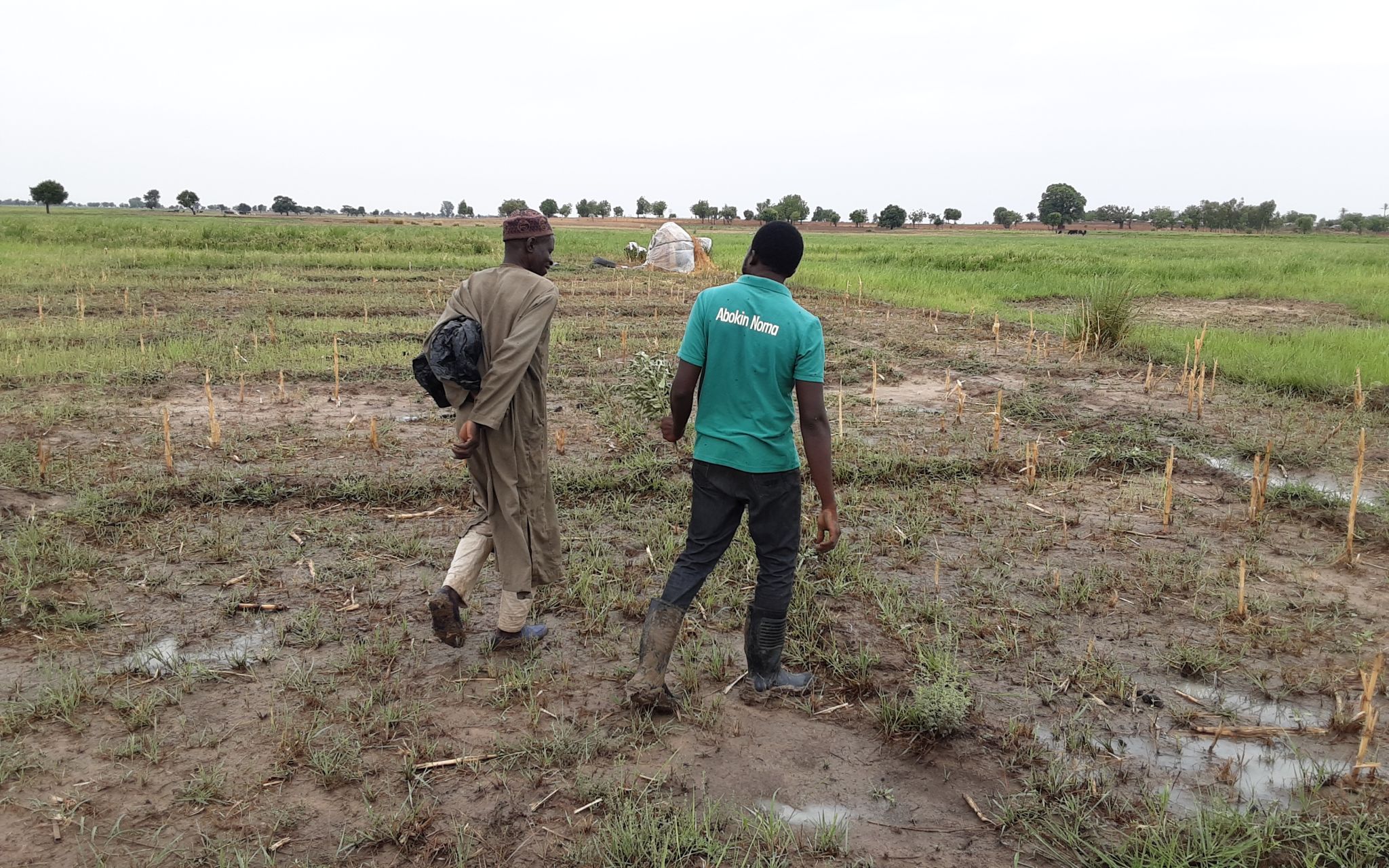
Yahaya: If we really look at extension from a private angle of building sustainable agents, that space alone can take over 200,000 jobs. What does it mean? In the Uber case study, Uber is not telling drivers to come. A driver has a car and says, okay, I need to become an Uber driver and he goes to Uber “I need your software”. What we need to do is decentralise that ecosystem the same way Uber did. Give people the ability to say I want to become an agent. Let them go to the market and become that agent. So, in terms of jobs, we can actually increase that. Now the second thing is over 60% of our farmers in Nigeria have not been unlocked.
Now, what does that mean? A lot of what we are doing is still trying to target 2 million farmers or 10 million max. Nobody has access to a database of 4 million farmers in a market with over 30 million farmers. This shows that we are still scratching the surface when it comes to reaching farmers. By unlocking the potential of extension services, you are unlocking 60% of farmers who are very hard for all of us to reach, meaning that we can now supervise and enhance what they are producing.
Thirdly, the typical farmer in Nigeria does not produce up to 40% of his farm’s potential. For example, rice farmers in other countries across Africa are producing 12 metric tonnes per hectare, while we are still struggling to get an average of 4.5MT in Nigeria
So, if we can unlock 60% of our farmers and regain our yield potential, we can triple our current annual production volume. This would create more income for the farmer and actually get us more food in the market instead of importation.
Also, all this thing I am saying is just English if we do not fix security. The impact of insecurity in the rural centre is more destructive when it is happening in your production centre. The people producing what you are eating are now the ones feeling insecurity. You go to the farm today, your neighbour is killed, you will not go to that farm tomorrow. So, a lot of our farmers have neglected their farms because of insecurity.
TheCable: Is there a software that these extension officers use?
Yahaya: Yes. We also have technology solutions that help make our agents smarter.
We have the Africa Agribusiness Extension Academy, both online and offline, which we launched recently as a platform academy for these agents to go and learn. We get content from different institutions and see what they have on extension. We get those manuals, turn them into audio and videos and upload them as courses in our academy. It also has a mobile app, and an offline feature that is downloadable just in case you are within an area that does not have a connection
We also have another solution called FarmEX. It is the Uber of extension agents in Africa. We are creating an agent marketplace where companies can, from their comfort, order agents anywhere in Africa, and deploy and manage their engagements with farmers.
Using FarmEX, you can actually just search for an agent to help you supervise your farm and you get your real-time record, deliver an effective marketing campaign, ensure targeted sales and get real-time data insights. So, we are creating a marketplace for agents where you and I can just go and search for an agent, deploy them and track them.
Then we have the Abokin Noma chatbot. Our agents are called Abokin Noma, which means “farmer’s friend”. The chatbot is an AI and it has all the information we have. It has an interface where you can just go and type “hi, how do I plant rice?” and it gives you the information.
Add a comment

